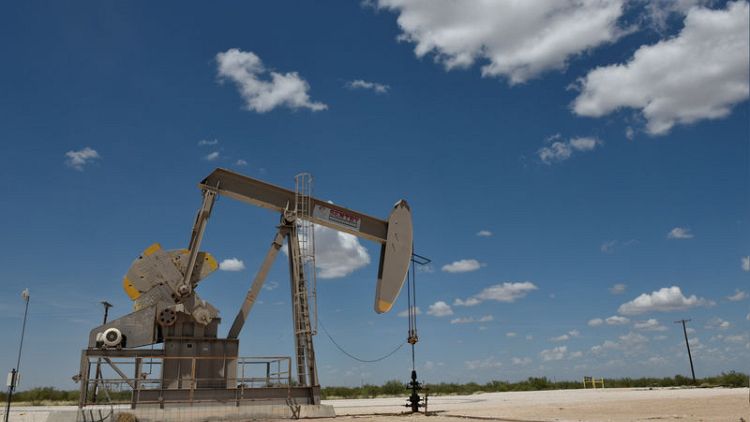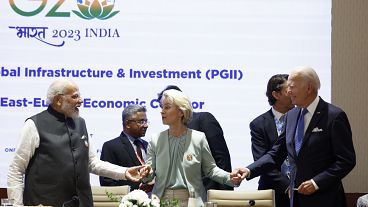By Jane Chung
SEOUL (Reuters) - U.S. oil prices rose on Friday to claw back some of the ground they lost in the previous session, but growth in U.S. crude stockpiles and ongoing concerns about the global economy kept markets under pressure.
U.S. West Texas Intermediate (WTI) crude futures <CLc1>, were up $1.37, or 3.07 percent, at $45.98 per barrel at 0042 GMT, having earlier rising as high as $46.05 per barrel. They ended Thursday down 3.48 percent, or $1.61, at $44.61 a barrel.
Brent crude <LCOc1> had yet to trade. It dropped 4.24 percent, or $2.31, the day before to settle at $52.16 per barrel.
Oil prices fell to their lowest in more than a year on Thursday, a day after their biggest one-day rally in two years, pulled down by worries about the global economy and a supply glut.
Stephen Innes, head of trading for Asia-Pacific at futures brokerage Oanda in Singapore, said crude prices had been pressured by slowing economic growth "coupled with the expectation of strong U.S. production in the new year".
U.S. crude inventories for the week to Dec. 21 rose by 6.9 million barrels to 448.2 million barrels on increased refinery output, according to data released on Thursday by industry group the American Petroleum Institute. Official U.S. government data is due on Friday.
The United States has emerged as the world's biggest crude producer, pumping 11.6 million barrels per day (bpd) of crude, more than both Saudi Arabia and Russia.
Meanwhile, Russian Energy Minister Alexander Novak said on Thursday that rising protectionism and the unpredictability of the U.S. administration had greatly contributed to global oil price volatility over the past two years.
Novak also said Russia would cut its crude output by between 3 and 5 million tonnes in the first half of 2019 as part of a deal between producers
Earlier this month, the Organization of the Petroleum Exporting Countries (OPEC) and its allies including Russia, agreed to curb output by 1.2 million bpd starting in January in a bid to clear a supply overhang and prop up prices.
(Reporting by Jane Chung; Editing by Joseph Radford)



